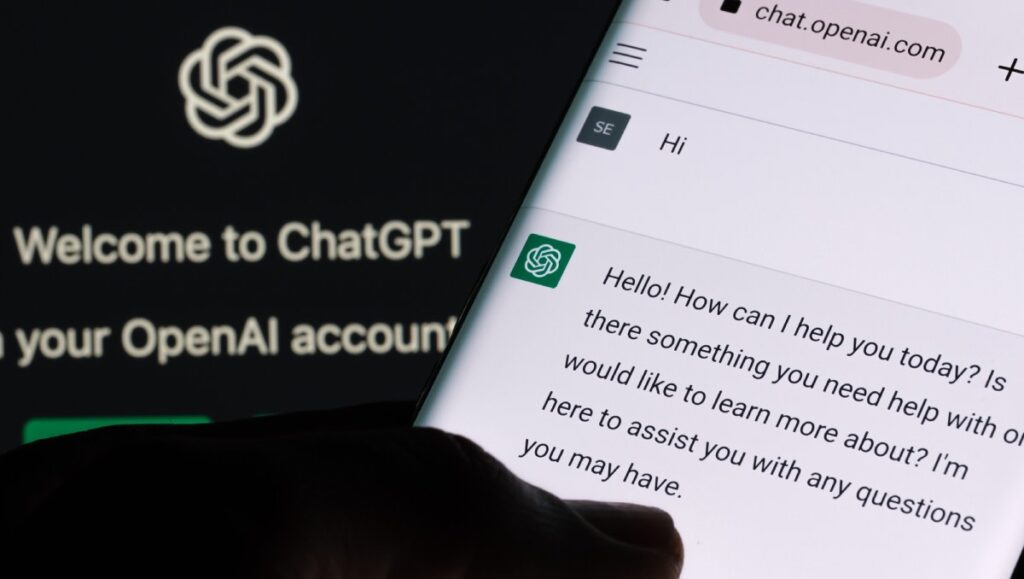
In a surprising turn of events, users of OpenAI’s ChatGPT have discovered that their shared conversations are being indexed by Google, potentially exposing personal data to strangers. This revelation has raised significant privacy concerns among the chatbot’s user base.
The issue stems from ChatGPT’s “share” feature, which allows users to distribute conversation links to friends via URLs. However, these links are being indexed by search engines like Google, making them searchable and accessible to the public. Reports indicate that some individuals have even figured out how to search specifically for pages with the chatgpt.com/share URL, thus gaining access to private exchanges.
Privacy Risks and User Concerns
The indexing of ChatGPT conversations poses a considerable risk to users who rely on the AI for personal matters. As AI becomes increasingly integrated into daily life, the potential for sensitive information exposure grows. Conversations may include medical queries, financial discussions, or even personal anecdotes that users would prefer to keep private.
For instance, individuals using ChatGPT for résumé writing might inadvertently share personal details such as job history and contact information. Sharing these conversations with friends for feedback could unintentionally lead to public exposure, unbeknownst to the users until media reports brought this issue to light.
Search Engine Indexing: Who is Responsible?
Google has clarified its stance on the matter, stating that the indexation of these pages is not within their control.
“Neither Google nor any other search engine controls what pages are made public on the web. Publishers of these pages have full control over whether they are indexed by search engines,”
the company stated. This places the onus on the publishers, in this case, OpenAI, to manage the visibility of shared content.
OpenAI has yet to comment on the situation or propose a solution to prevent such indexing. The lack of immediate response from the company has left users in a state of uncertainty regarding their data privacy.
Historical Context and Comparisons
This is not an isolated incident. Similar issues have arisen in the past with other platforms. For example, Google Drive users who shared documents using the “anyone with the link” option also found their files being indexed by search engines. Such occurrences highlight the ongoing challenges in balancing user convenience with privacy in the digital age.
Expert Opinions and Future Implications
Privacy experts emphasize the importance of understanding the implications of sharing digital content. Dr. Emily Carter, a cybersecurity analyst, noted,
“As we become more reliant on digital tools, it is crucial that both users and developers prioritize privacy settings to protect sensitive information.”
She suggests that companies like OpenAI should implement more robust privacy controls to prevent unintended exposure.
Looking ahead, this incident underscores the need for clearer guidelines and better user education regarding digital privacy. As AI technologies continue to evolve, ensuring user data protection will be paramount to maintaining trust and security.
In conclusion, while the indexing of ChatGPT conversations by Google has sparked significant concern, it also presents an opportunity for developers and users alike to reassess and enhance their approach to digital privacy. As the situation develops, affected users and privacy advocates will be watching closely for OpenAI’s response and potential solutions.







